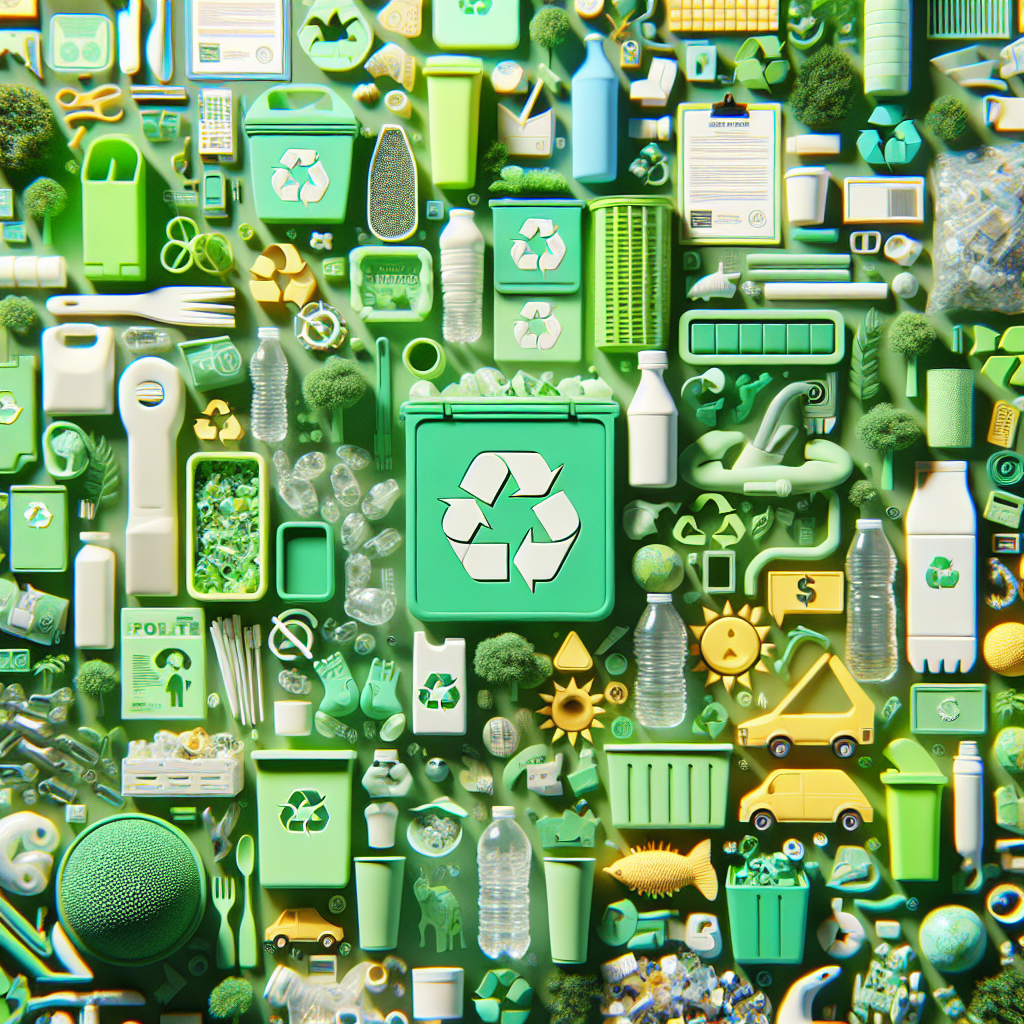Blog Ecobraz Eigre

"Single-use plastics: how governments and companies are reacting"
Context and challenges of single-use plastics
Single-use plastics represent one of the greatest contemporary environmental challenges due to their impact on pollution and the sustainability of natural resources. Defined as single-use plastic products used only once before disposal, these materials are widely used in packaging, utensils and disposable devices, which makes it difficult to manage them properly and contributes significantly to the increase in solid waste.
Government actions to combat single-use plastics
The Brazilian federal government has adopted measures based on the Law No. 12.305/2010 - the National Solid Waste Policy (PNRS) - which imposes guidelines for the integrated management and environmentally appropriate management of solid waste, including that from single-use plastics. According to this legislation, municipalities and states must promote reduction, reuse and recycling, encouraging sustainable practices in the productive sector and in society.
In addition, state and municipal legislation has advanced in banning and restricting the use of disposable plastic items, such as bags, straws and utensils, with a view to minimizing environmental impact and raising consumer awareness. One example is the restriction implemented in several states, according to data available on the National Solid Waste Management Information System (SINIR).
Corporate initiatives and sustainable corporate engagement
Organizations have adopted practices to mitigate the impacts of single-use plastics, in line with legal requirements and environmental sustainability demands. Adopting internal policies to reduce consumption of these materials, replacing them with biodegradable alternatives and implementing internal recycling programs are recurring strategies.
The commitment to sustainability also includes the proper management of electronic waste generated in operations, with a focus on collection and correct disposal. To this end, we highlight the importance of scheduling for the collection of electronic waste, which guarantees the safe and environmentally appropriate disposal of these materials. In addition, the secure destruction of digital media, such as hard drives and other media, can be carried out through scheduling for secure sanitization of hard drives.
Future prospects and the need for stricter regulations
Projections indicate that the increase in global consumption of single-use plastics will require additional adjustments to public policies, with a focus on technological innovation for recycling and reuse, tax incentives and penalties for those who fail to comply with environmental regulations.
Governmental institutions, as set out in the Projeto de Lei nº 412/2021 currently underway, are discussing the implementation of stricter restrictions and broadening the scope of the PNRS to more effectively cover the management of single-use plastics.
In this way, alignment between the public and private sectors is essential for the development of integrated solutions that reduce environmental impacts, promote the circular economy and enable efficient management of these materials.

Deixe um comentário
O seu endereço de e-mail não será publicado. Campos obrigatórios são marcados com *